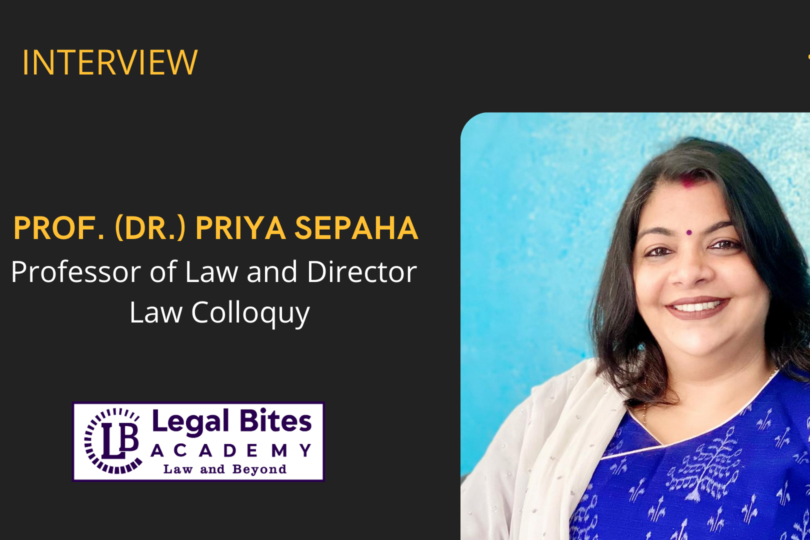

The court explained that during a proper plea colloquy, the judge must personally address the defendant and: However, the justices rejected Hoppe’s motion to withdraw his guilty plea, holding that the record ultimately demonstrated that the plea was knowingly, intelligently, and voluntarily entered. Hoppe, 2009 WI 41, that the judge should have inquired more deeply into Christopher Hoppe’s understanding of his plea and its ramifications when he plead guilty to 12 counts of possessing child pornography.

The Wisconsin Supreme Court said in State v. The loss of Ruth Bader Ginsberg could frustrate the possibility of moderating this Court, whatever Roberts wants.– When accepting a guilty plea, the judge must do more than check to see if the defendant read and understood the standard form used to enter the plea. The general expectation is that it will be a turbulent pressured time for John Roberts, who has made clear that he wants to achieve conservative goals without sacrificing the Court’s reputation as fair, just and nonpolitical. The Colloquy will meet with a presidential election in the offing that promises to be unpredictable and nasty. The balance of the Second Session and the Third and Fourth Sessions will analyze and explore the likely impact of the Roberts’ Court on our polarized politics and on gerrymandering, abortion, gun rights, affirmative action religious freedom and other fraught issues. The first two Sessions will also explore the political and legal objectives of the five conservatives who control the Roberts’ Court.

The First Session will briefly explore the history and liberal accomplishments of the Warren Court which this Court has already curtailed and seeks to roll back further. Reading will be from The Chief: The Life and Turbulent Times of Chief Justice John Roberts by Joan Biskupic and supplemented by articles in the colloquy’s readings pages.ĭavid Snow , a retired lawyer and judge, has more recently indulged his interest in constitutional law and political philosophy by teaching several courses at the University of Maine and facilitating several colloquies. And 4) the effect of a conservative/reactionary Court and court system in the event of a possible progressive victory and attempts to enhance social and political rights by federal or state action. 3) The likely impact of the Court on personal and individual rights and liberties: abortion rights, gun rights and control, discrimination and affirmative action, religious rights and expression. 2) The governmental issues at stake: voter suppression, voting rights, gerrymandering and generally the Court’s role in protecting and preserving democracy and democratic institutions. Topics will be 1) the long period of liberal dominance and its enhancement of individual and civil rights has been followed by the impressive and successful conservative reaction as reflected academically, politically and in think tanks and activist organizations. This Colloquy will focus on the role of Supreme Court Chief Justice John Roberts as a moderating influence in the present equally divided conservative/liberal Supreme Court.


 0 kommentar(er)
0 kommentar(er)
